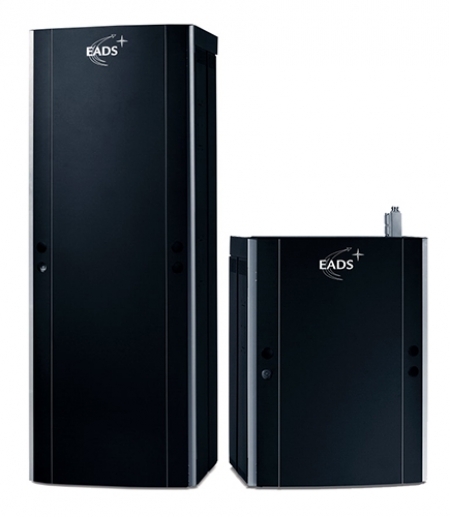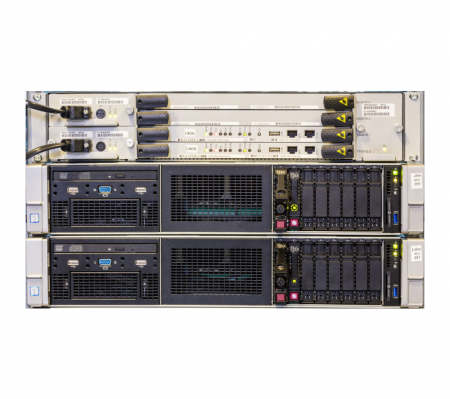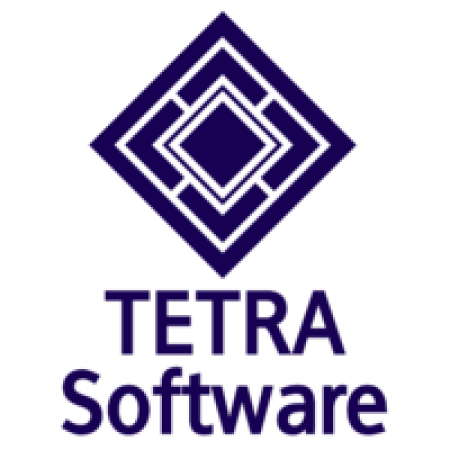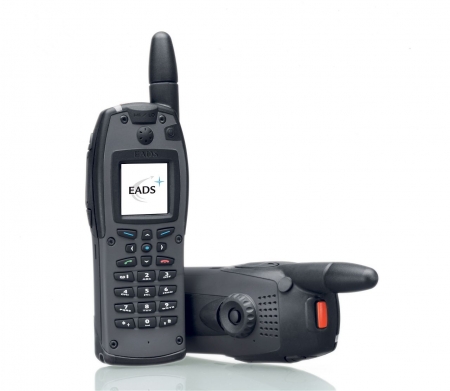TETRA network infrastructure
TETRA is one of the leading standards in digital radio, an abbreviation of TErrestrial Trunked RAdio. It has been defined and approved by the European Telecommunications Standards Institute (ETSI) to be the official European Standard for digital Professional Mobile Radio (PMR).
TETRA offers both the usual cellular services as well as professional radio services such as group communication, field workforce management services (dispatching) and efficient data services.
PROFESSIONAL RADIO COMMUNICATIONS
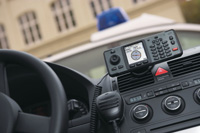 TETRA is a unique combination of group voice communications, mobile telephony and mobile data services specifically designed for authority use. TETRA is a purpose built technology that offers public safety and security organisations major advantages over conventional radio systems to.
TETRA is a unique combination of group voice communications, mobile telephony and mobile data services specifically designed for authority use. TETRA is a purpose built technology that offers public safety and security organisations major advantages over conventional radio systems to.
It was developed to meet the needs of the most demanding professional radio users who need fast one-to-one and one-to-many radio communication using voice and data in their daily work.TETRA fulfils the needs of professional users and replaces old analogue and proprietary radio communication systems that no longer meet professional radio communication needs.
TETRA STANDARD
TETRA is fully digital, which means better voice quality, more advanced data features and more efficient use of valuable frequency spectrum.
TETRA is based on digital Time Division Multiple Access (TDMA) technology. One 25 kHz wide TETRA carrier occupies four time slots or channels for communication. TETRA is two-to-four times more frequency efficient than analogue conventional systems.
TETRA ADVANTAGES
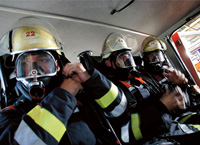 Instant call connection and push to talk operation to set up a call is probably one of the most important features in TETRA. In TETRA, a call is initiated with a push to talk button and connection is established in less than half a second. In addition, there is no need to answer the call – the calling party can start talking right away.
Instant call connection and push to talk operation to set up a call is probably one of the most important features in TETRA. In TETRA, a call is initiated with a push to talk button and connection is established in less than half a second. In addition, there is no need to answer the call – the calling party can start talking right away.
Another differentiating feature between TETRA and cellular services is group communication. In addition to individual calls, TETRA also supports group calls. The members of the groups are predefined and a group may consist of tens or even hundreds of members. With dynamic group number assignment and priority scanning, the terminal won’t miss important calls.
Direct mode operation (DMO) is a special operating mode in a TETRA terminal, in which TETRA radios can communicate directly with each other without the TETRA network. DMO enables communication in areas where network coverage is not available, for example in the basement of a building, where radio waves cannot propagate.
TETRA APPLICATIONS
 Typical TETRA users are public safety and security organisations such as police, fire and rescue forces.
Typical TETRA users are public safety and security organisations such as police, fire and rescue forces.
TETRA can maintain effective radio communications in even the most extreme situations. Where other communications networks may fail, TETRA’s fault-tolerant design can survive the failure of individual network components, and continue to provide an unbroken service.
In disasters, people’s natural reaction is to call their relatives and friends. Public telephony and cellular services can become choked quickly. However, TETRA has built-in priority mechanisms that can be set up in advance to maintain communication between critical rescue units.
TETRA SECURITY
In TETRA, security is achieved through strict authentication of the radios used in the network and encrypted communication, which uses frequently changing encryption keys.These effectively prevent unauthorized access to the network and eavesdropping on communication.
TETRA DATA ACCESS
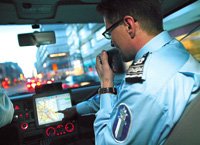 In addition to efficient voice communication services, TETRA provides versatile data services. These include short data similar to text messaging in GSM networks and status messaging, which is an extremely efficient way to send frequently used status information.
In addition to efficient voice communication services, TETRA provides versatile data services. These include short data similar to text messaging in GSM networks and status messaging, which is an extremely efficient way to send frequently used status information.
In authority communication, daily data volumes are relatively low and the data speed provided by TETRA covers more than 90% of the needs of the users. The majority of the data applications consist of database queries, where instant access to data and ease of use are more important than high data speeds.
Internet and intranet capability allows field officers to access authority databases to view vital information.TETRA’s professional WAP service makes it easy to use applications with a radio terminal, without the need for external computers.
Today’s wireless technology makes it possible to build a single nationwide communications network shared by all the different agencies like police, fire and ambulance services.TETRA is the ideal solution for these networks!


